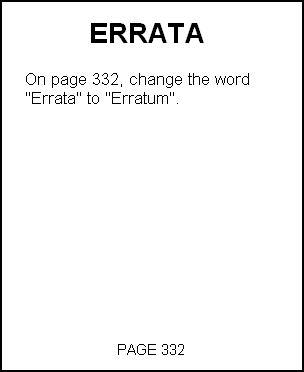Economists, like everyone, should admit to their mistakes and correct them. That’s what this post is for.
The argument against taxing capital income runs like this:
1) Current and future consumption should be taxed at the same rate.
2) A tax on capital income is equivalent to a tax on current consumption coupled with a higher tax on future consumption.
Conclusion: Capital income should not be taxed.
I made this argument several years ago in a talk at the Cato Institute. I recently got a complimentary note from someone who had just watched the video of that talk, which caused me to go back and watch a few snippets to remind myself of what I’d done to earn this compliment. And I was mortified to see myself stating not point 1) above, but this far more general point:
1′) All things should be taxed at the same rate.
The status of 1′) is complicated. It is true that in an ideal world, all things including leisure would be taxed at the same rate. But in a world where you can’t tax leisure, the ideal tax system is far more complicated, with the optimal tax on each consumption good varying according to various elasticities and cross-elasticities of demand and supply. So 1′) is true in an ideal world, but surely false in our world, where leisure is very difficult to tax.
Fortunately the full generality of 1′) was not needed for my argument; all I actually used was 1). But in the video, I very clearly stated 1′) as if it were gospel, and even devoted an entire slide to it. This mistake doesn’t overturn the conclusion, but it’s still surely egregious enough that if, say, Paul Krugman had made a mistake like this, I’d have been all over him.
So: Mea culpa.
A subsidiary point: The word “should” in these statements can be interpreted in (at least) two ways — from the point of view of efficiency and from the point of view of fairness. In the few paragraphs above, and in the bulk of my Cato talk, I was using the word “should” in the first sense. But I also tried to address fairness issues in the Cato talk, and from that angle, I’m less sure that 1′) is wrong.



